Does Stress Cause Acne?
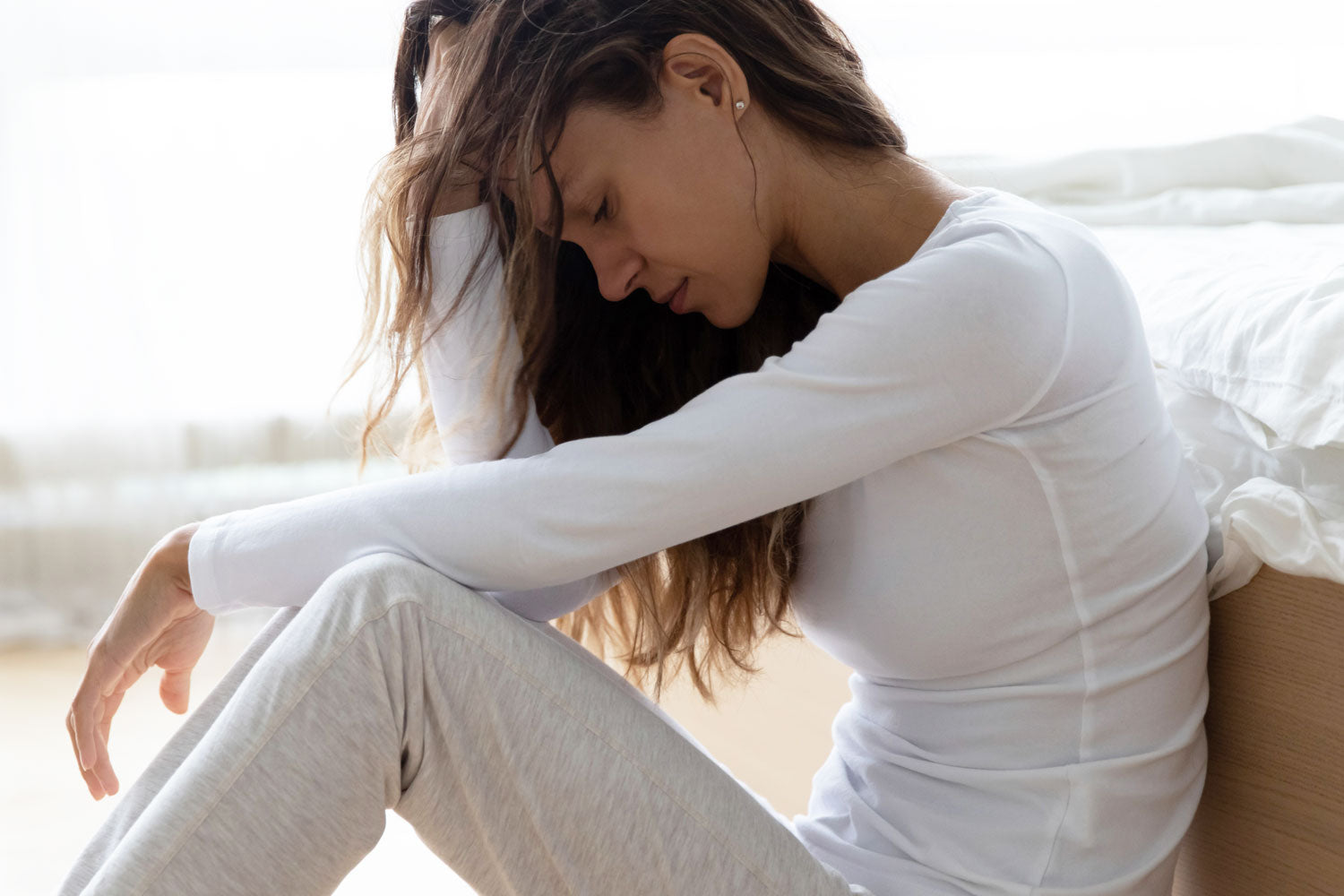
The Science Behind Stress-Related Breakouts
For a long time, scientists and medical professionals theorized that stress can make pimples more frequent, and much larger. For a while, these theories didn’t have a whole lot of science backing them, but that’s changed in recent years.
Recent research from Stanford University found a clear link between acne breakouts in college students and periods in which they had to take exams, during which they reported dealing with higher levels of stress.
Scientists hypothesized that higher stress levels stimulated the adrenal glands. When stressed, the body responds by pumping out hormones, and the overproduction of androgens also known as male hormones (note: girls produce them, too) can stimulate the oil glands. When these glands produce too much oil, this excess substance can combine with dead skin cells, debris, and P. acnes bacteria, clogging up the pore and resulting in an acne blemish.
Stress can also affect other parts of our health, and may cause weight gain or loss, blood pressure changes, and other conditions that can result in tough health problems and worsened acne symptoms. WebMD lists taming stress as a significant factor to reduce the severity of acne outbreaks.
Stress Eating and Your Skin
When we’re stressed, we often reach for comfort foods. Unfortunately, this can be one of the many causes of acne.
You’ve probably heard that chocolate and fast food can cause a breakout, but that’s not the whole truth. While a daily diet of hamburgers and French fries won’t necessarily form pimples, a poor diet can definitely aggravate the blemishes you already have.
It’s important to make smart decisions when it comes to diet in order to both improve your overall health and combat acne blemishes. Incorporate the following eating habits to help clear up your skin:
- Eat at least five servings of fruits and vegetables daily.
- After preparing or touching greasy foods, be sure to avoid touching your face.
- Avoid foods saturated with iodine, including seafood and seaweed, as this has been purported to cause acne flare-ups.
- Examine your skin’s reaction to dairy products; studies have shown that milk and dairy intake are related to the frequency and severity of breakouts.
- Stay hydrated, and avoid drinks with excessive amounts of sugar.
Losing Sleep Over Breakouts?
Stress can affect our bodies in strange ways, and the results of this stress can also make breakouts more frequent.
Stress interferes with our sleep cycle. As we become stressed, the neurotransmitters in our brains temporarily shut down, and one of the first systems to feel these effects is our internal body clock. This can cause sleeplessness, leaving us to stare at the ceiling as the morning alarm bell draws closer and closer.
Getting the right amount of rest is vital for skin health, and lack of sleep can cause bags under the eyes, a dull complexion, and—you guessed it—acne blemishes, so it’s important to reduce stress in order to get the best shut-eye possible every night.
Stop Picking Your Pimples
Sometimes, stress sees us picking up bad habits unconsciously. Some people pick at their skin when dealing with stress or anxiety, which can rupture the skin cell walls, result in inflammation, and cause infection to spread.
No matter how strong the urge, never pick at your pimples. People often wonder how to get rid of pimples and begin taking matters into their own hand before doing the necessary research. It may seem to alleviate redness and swelling for the first few minutes, but give it an hour or two and your pimples will expand—and new ones will most likely develop.
Beyond just picking at your pimples, avoid touching your face as much as possible. The oil and bacteria on our hands can spread across the skin, and make acne breakouts more frequent.
A Vicious Cycle
Stress-related acne forms as a part of a vicious cycle. When you feel stressed, the body responds by increasing the amount of hormones produced. These hormones stimulate the production of oil, which can combine with bacteria and debris in the pores, and result in worsened acne blemishes. Even those with dry skin experience this surge in oil production. We then stress about these pimples, blackheads, and cysts (guide to blackheads and cystic acne treatment here), and begin the process all over again. There is hope in sight, however, and it starts by pinpointing the causes of your stress.
What’s Causing Your Stress?
The modern world provides a variety of stresses that may contribute to acne breakouts. Read through this list of common stressors and mentally check off the ones you’ve experienced:
- Relationship Troubles
- School Work
- Job-related Stress
- Competitive Sports
- Extracurricular Activities
- Moving to a New Home
- Tests
Any one of these could cause your body to go into stress-mode.
Taking Steps to Reduce Your Stress
Managing stress is priority number one when it comes to overall health, and is essential for achieving clear skin.
A study posted by the US National Library of Medicine found that as of today there is no proven medical treatment that can either prevent or treat stress-induced or exacerbated skin conditions or skin aging. So what can you do? Try practicing stress relief habits on a regular basis. While stress doesn't cause acne, it can make it worse. The National Institute of Health has posted additional tips to alleviate stress as a means to reduce the frequency and severity of acne outbreaks on Medlineplus.gov
Exercise
One of the most important stress relief tools available is exercise. Regular exercise can provide mental and physical benefits. Note of caution: Always be sure to wipe down shared gym equipment and wash your face after a tough workout to combat exercise-related breakouts.
Try Meditation
Learning relaxation and breathing techniques can help stimulate your body’s relaxation response, leaving you calm and clearheaded. Practice daily meditation to decrease stress levels and lower your risk of anxiety and depression.
Stay Hydrated
Excess stress can cause dehydration, and the link between water and stress management has been evidenced in numerous studies. All of the body’s organs run on water, and if you’re dehydrated, your body won’t function properly, which can add to stress levels. It’s a vicious cycle, so make sure you’re drinking eight glasses of water each day.
Talk It Out
If you’re constantly feeling stressed and overwhelmed, it’s important to discuss your problems and feelings. Whether that be with a counselor, your parents, or friends, never be afraid to ask for help.
Clearer skin in as little as two weeks.
3-step ritual with nutrient rich botanicals and the power of Floralux® to treat, soothe, and calm skin.
Learn More
By understanding how stress affects your skin, you can better combat acne blemishes and breakouts and achieve healthy, clear skin with the help of bioClarity's 3-step Clear Skin Routine.
Key Takeaways
- Controlling your stress can help you minimize the appearance and frequency of your breakouts.
- Stress can affect our health in a variety of ways, so it’s important to practice relaxation techniques.
- Exercising for at least 30 minutes a day can help alleviate stress and prevent acne breakouts.
- Stress eating can cause acne flare-ups, and it’s important to follow a clean diet to keep your skin looking its best.

Abby Vinas
Abby Vinas has long been an active member of the holistic health community, advocating in favor of its benefits to both our physical and emotional well-being. Her commitment to leading a healthy lifestyle has made her an authority on self-care practices. Abby is passionate about fitness, nutrition, and proper skincare, and is also an avid lover of avocado toast and dog-petting.
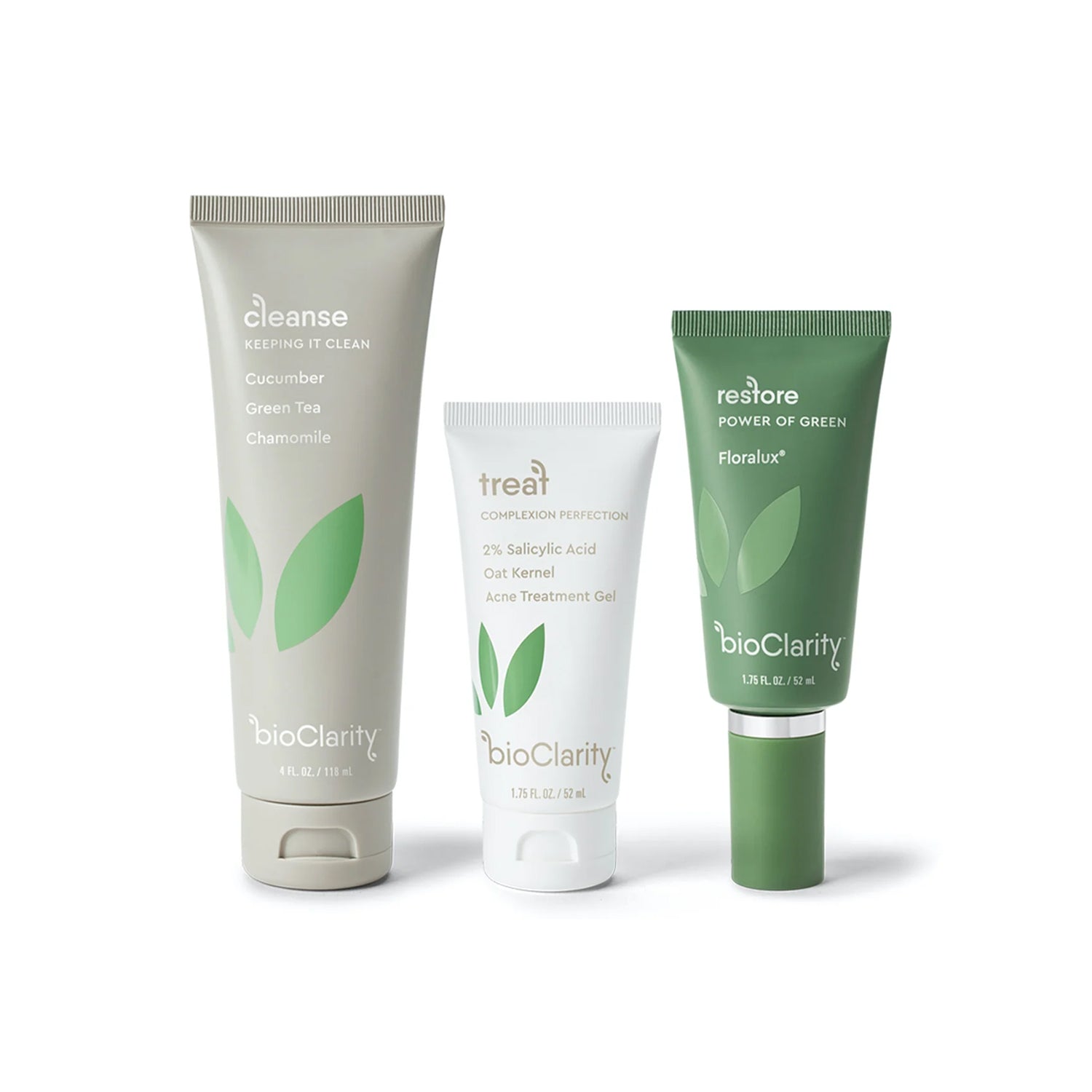
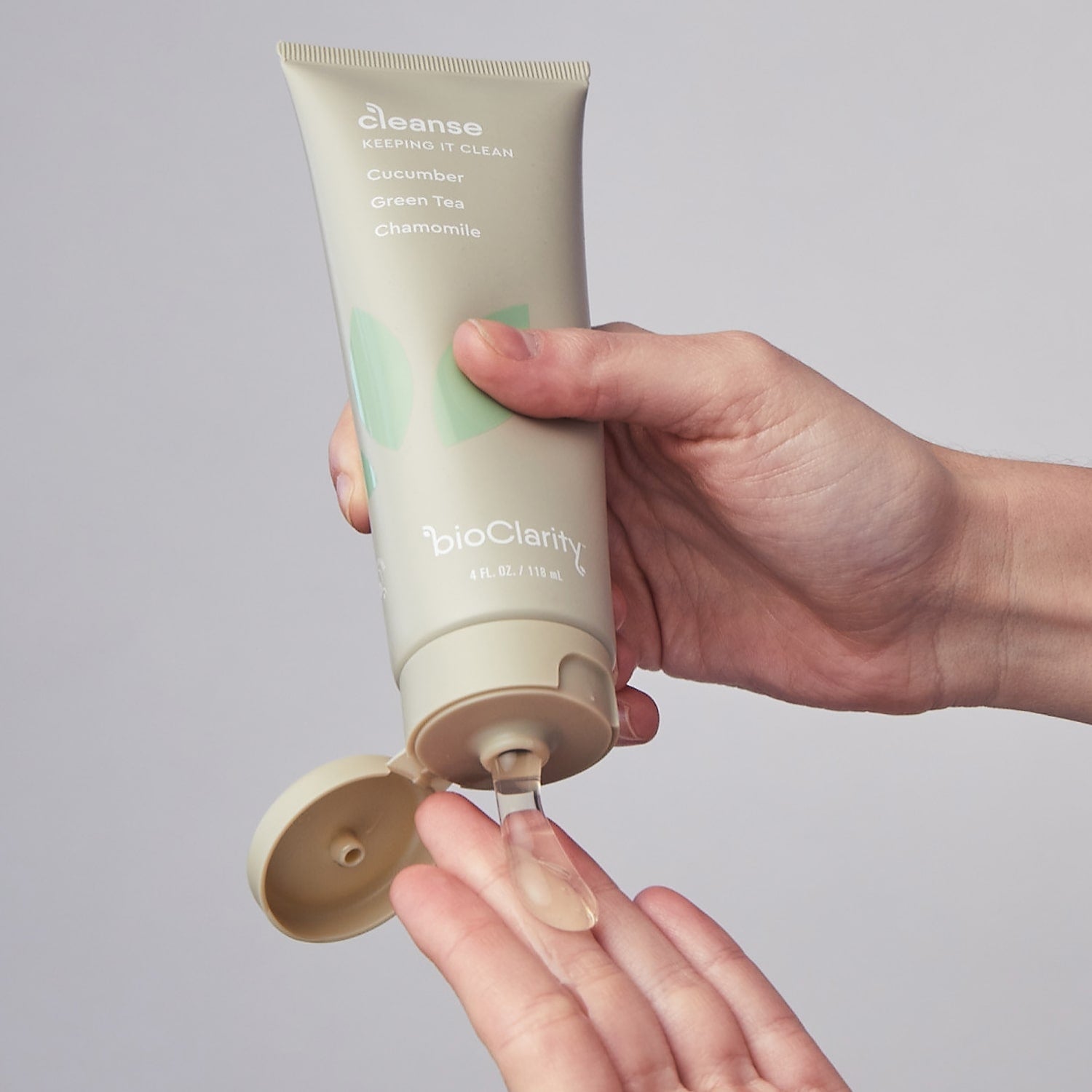
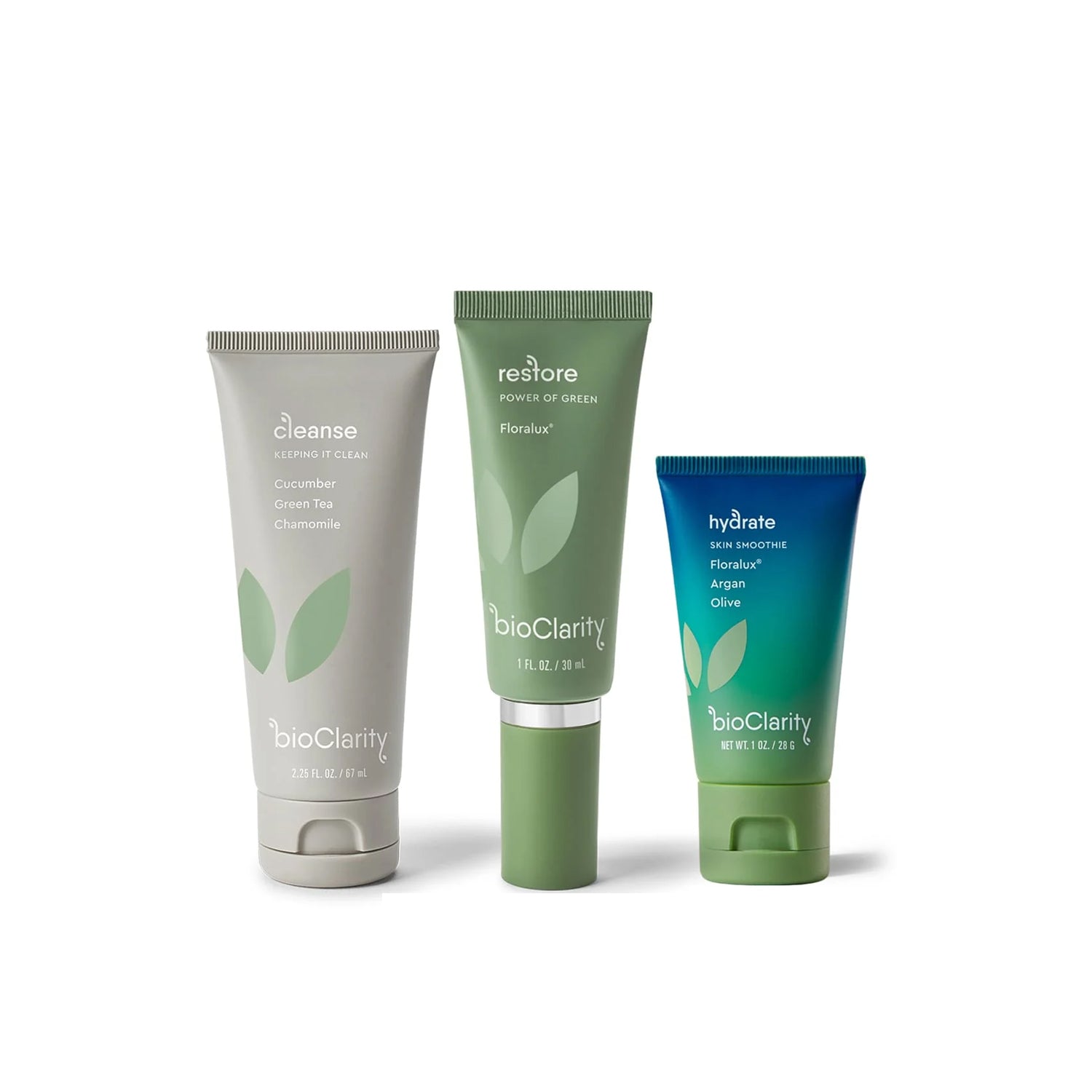
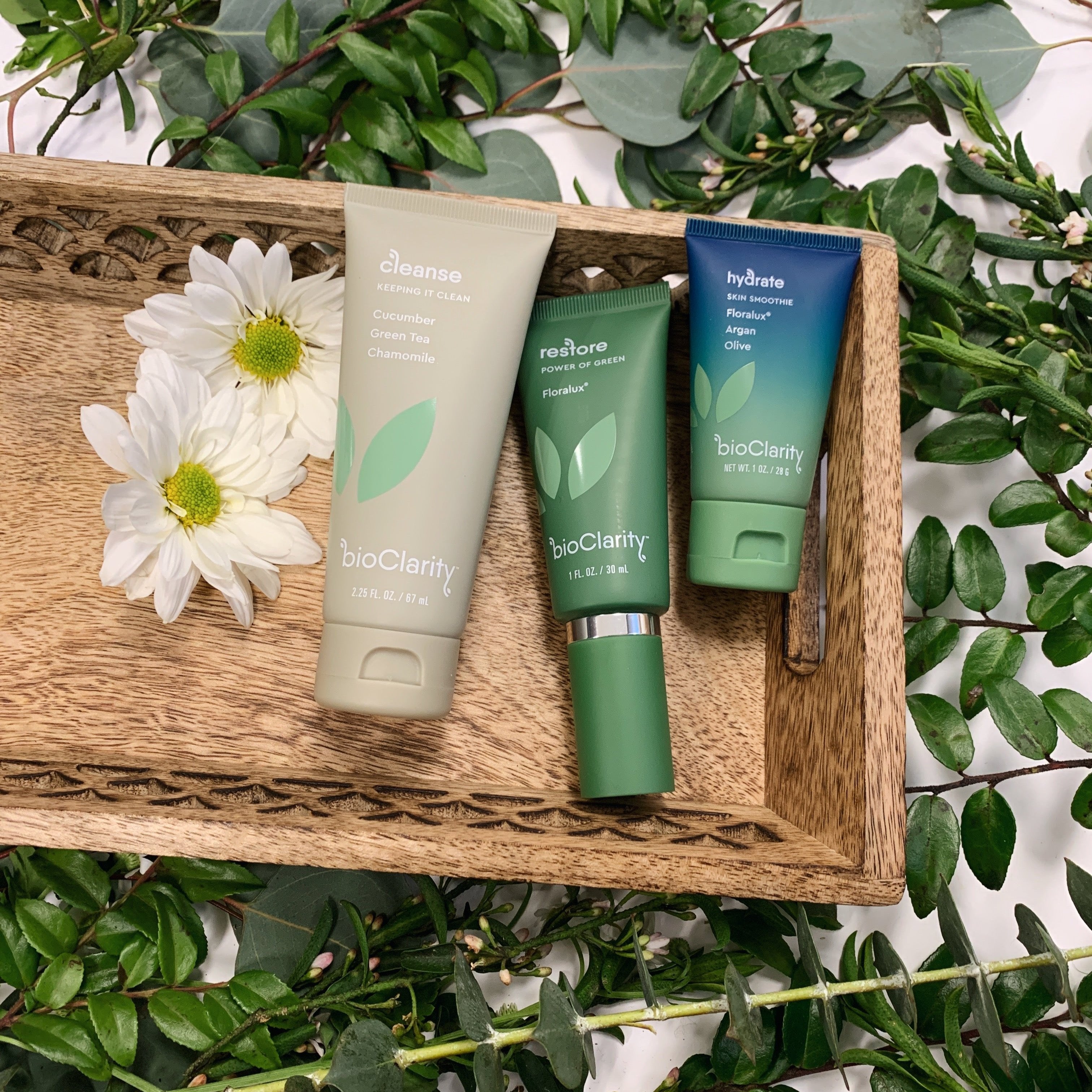
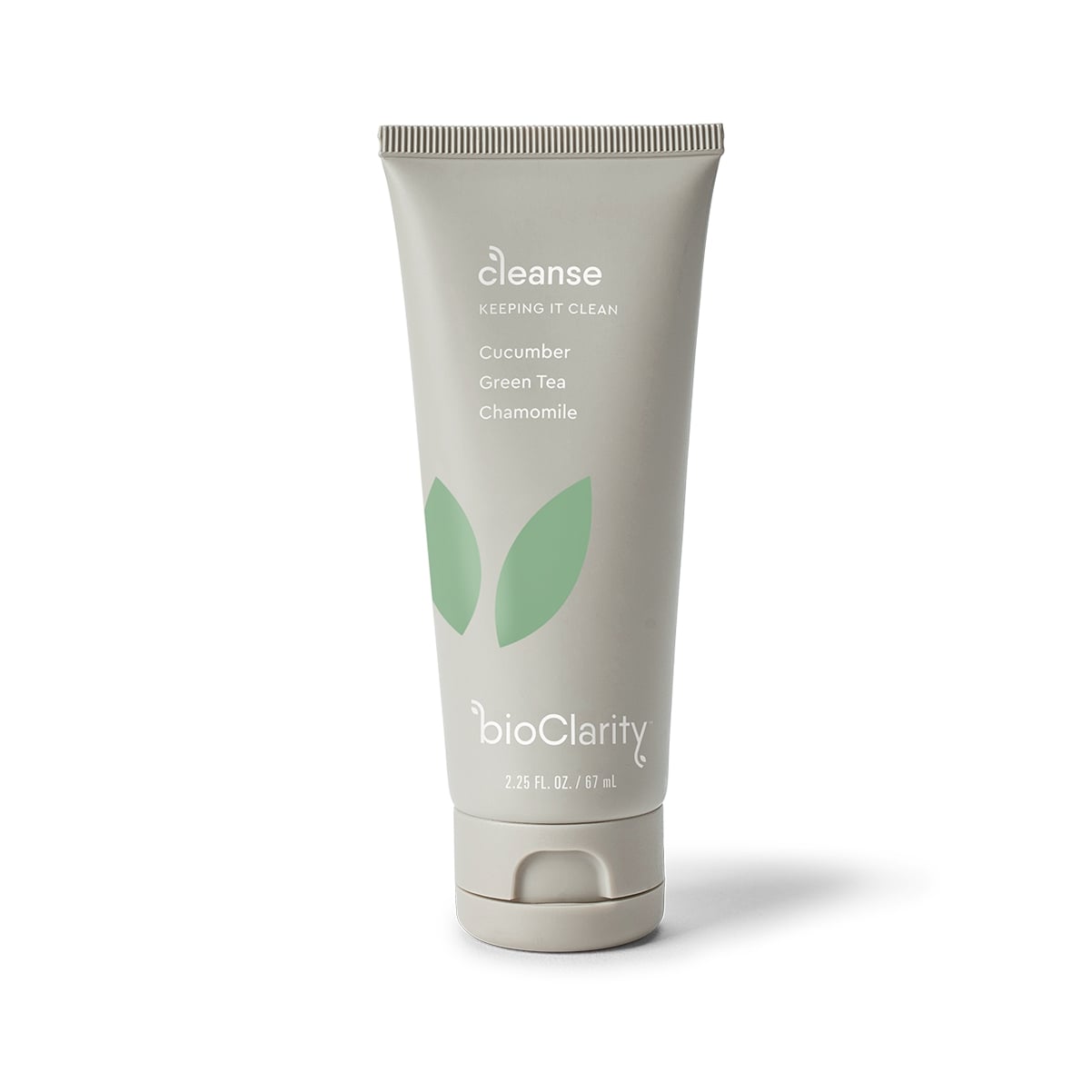
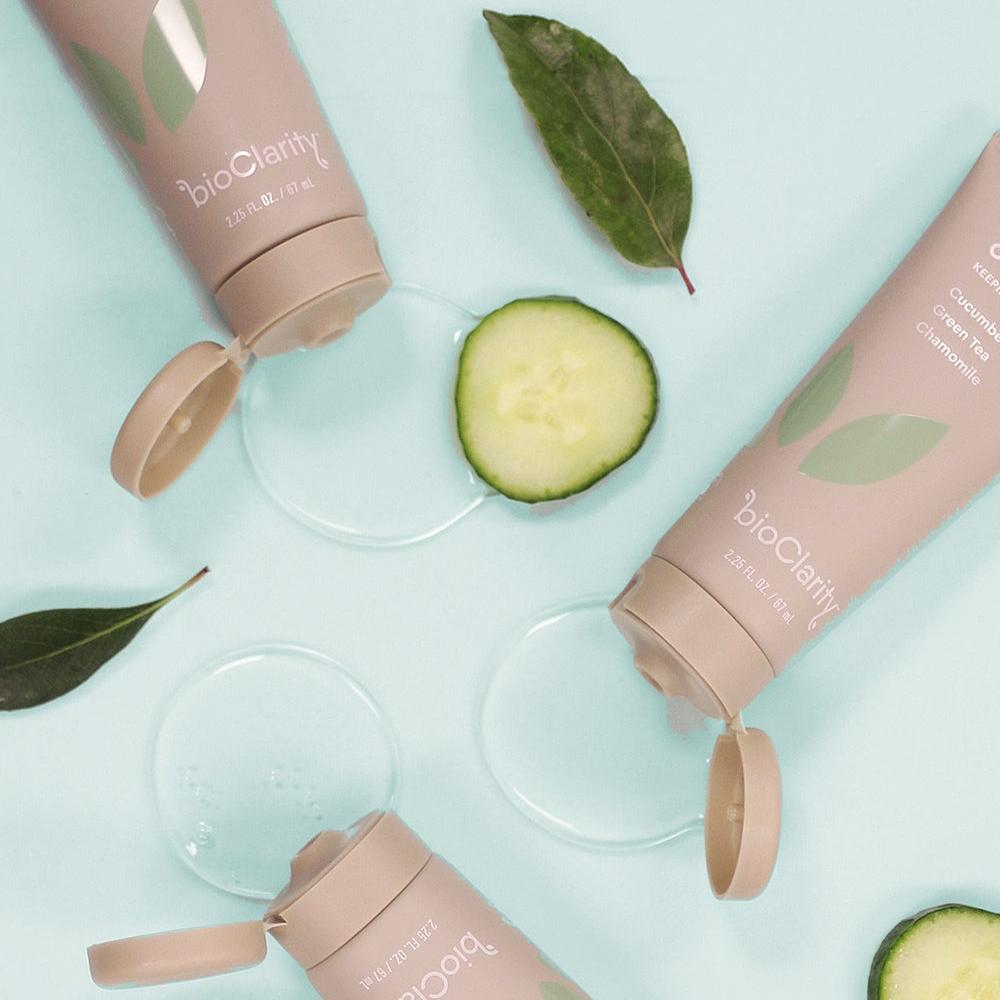



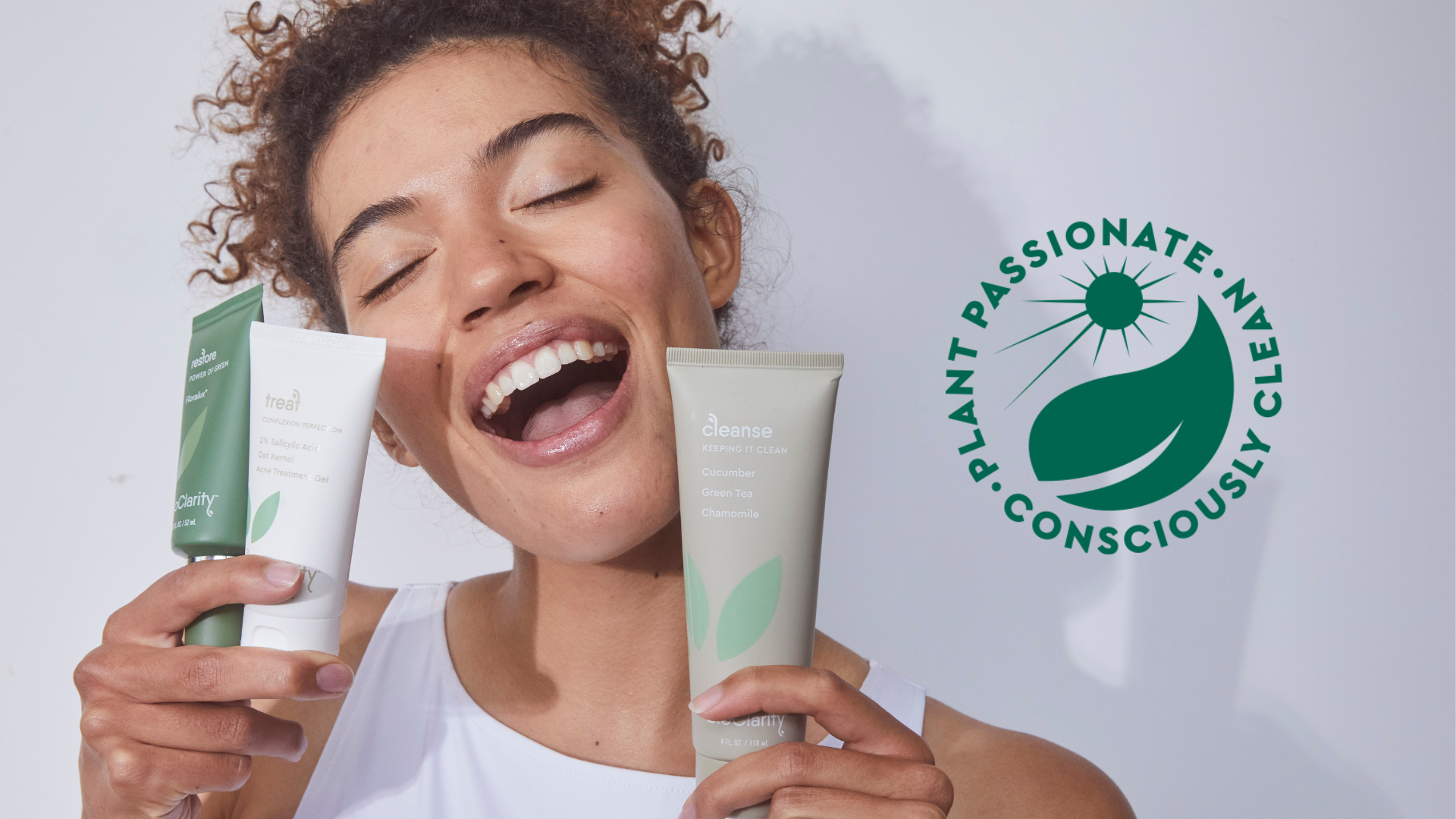
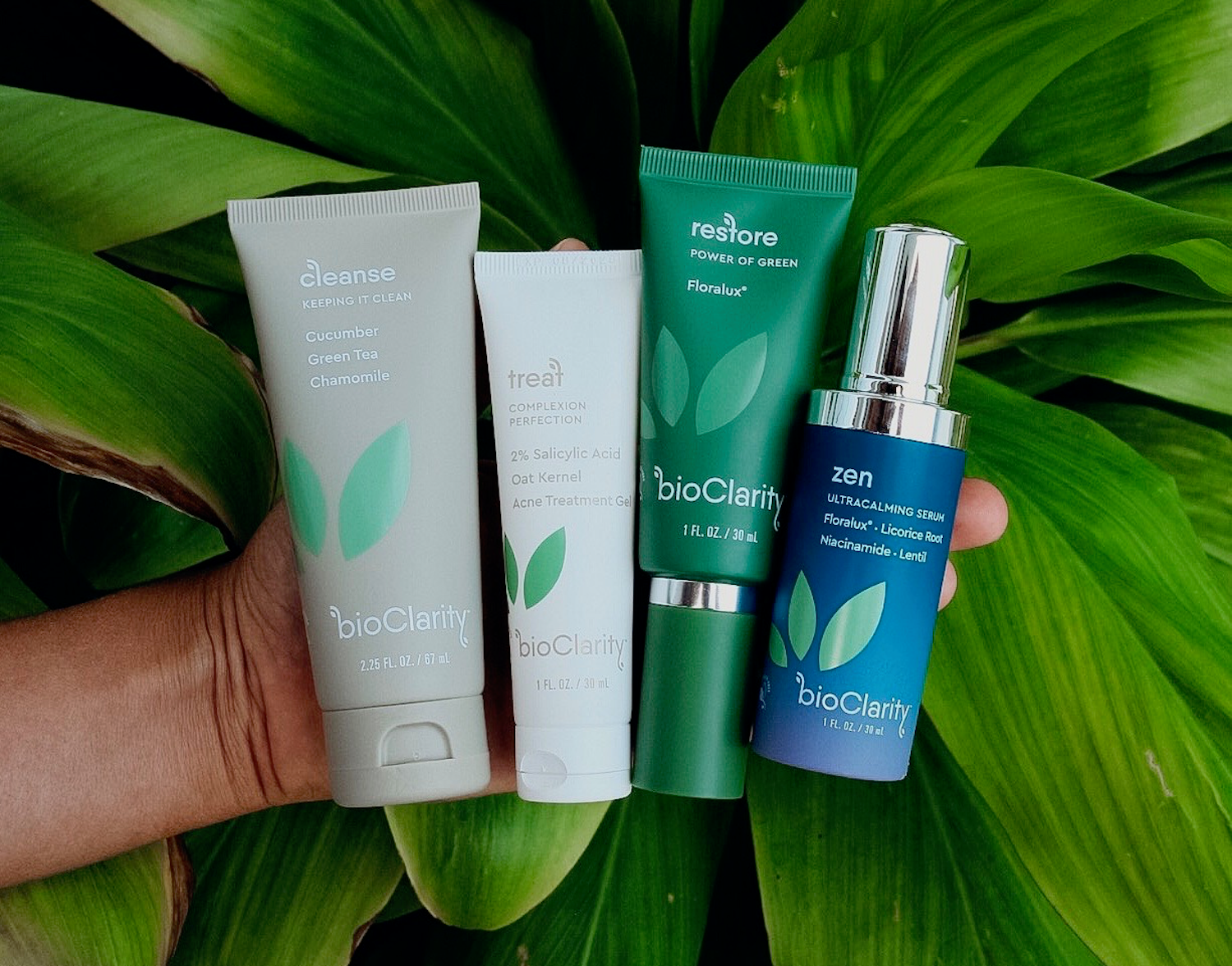
Comments